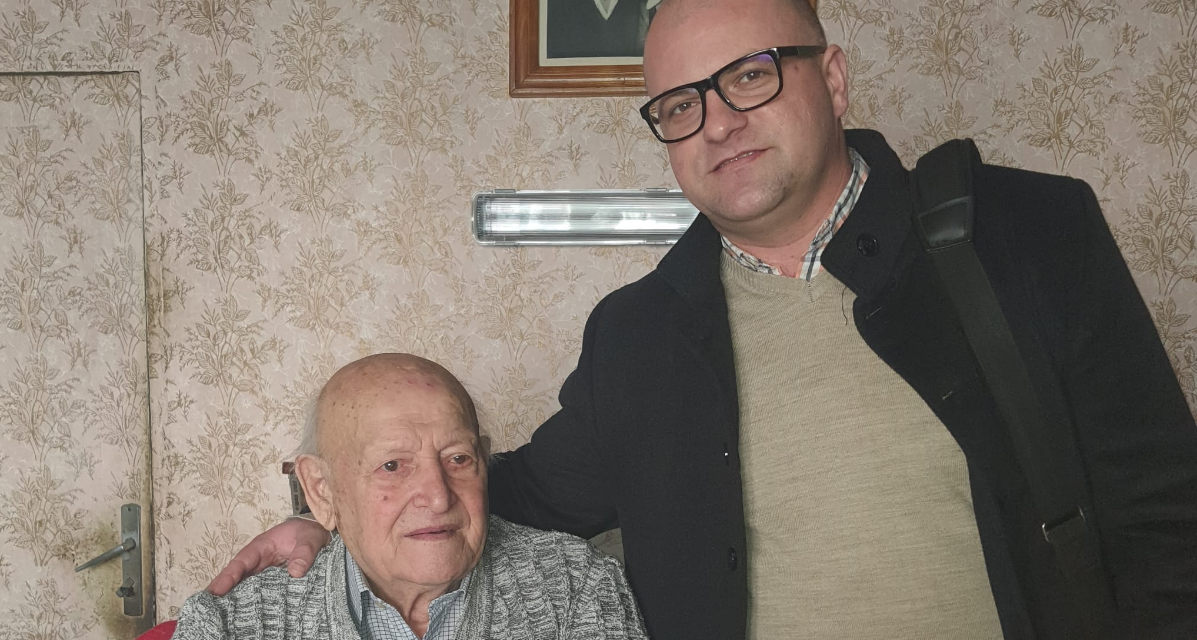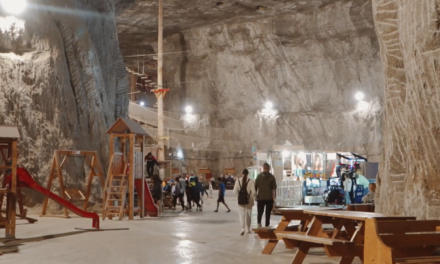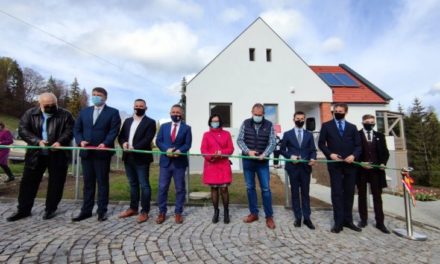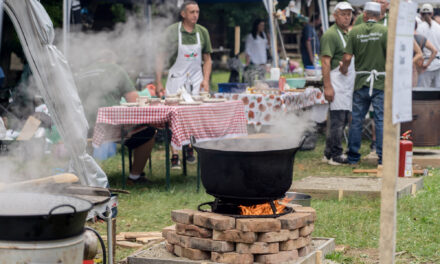An example was Lajos Bácsa, who died at the age of 98, the last survivor who was dragged from Rónaszék into Soviet captivity.
Lajos Bácsa, who was the last survivor of those who were deported to the Soviet Union from Rónaszék in Máramaros County, died at the age of 98. " sin" was only that he was born Hungarian in 1926, in Petrozsény, Hunyad county. He grew up in Rónaszék in Máramaros county, from where he was taken to the Soviet Union, where he spent more than seven years in various labor camps. Orosz Krisztofer Levente, the local historian of Máramaros, one of the executive presidents of the RMDSZ of Máramaros County, said that Lajos Bácsa was the last survivor of the people of Rónászék who were punished by Stalin because they were Hungarians.
Many Hungarians from Máramar were interned in the labor camps of the Soviet Union, more than 80 people were taken from Rónaszék (Romanian: Coștiui, German: Rohnen). By the way, the village of Rónaszék belongs to the municipality of Felsőróna, according to the latest census data, 229 people declared themselves Hungarian in Felsőróna.
„Uncle Lajos Bácsa would have turned 98 on June 4. It is important to remember him and those with a similar fate, because they serve as role models in terms of perseverance. The example of Lajos Bácsa also draws attention to perseverance and the will to live. He was the last survivor from Rónaszék, we remember him and his example with grace," said the local historian.
He pointed out that Lajos Bácsa also participated in the commemoration of the Málenkij robot in Rónaszék in recent years.
"He told a lot about the period of his captivity of about 7 years, I interviewed him myself, which was published in seven parts in the columns of Bányavidéki Új Szó. He told a lot about the conditions in captivity, about how those who knew more well-known professions might have had a slightly better fate in the labor camps - Lajos Bácsa was a carpenter," said Krisztofer Levente Orosz.
He also considered it important to point out that one of Uncle Lajos Bácsa's experiences was particularly shocking: he told in detail that
when the more than 80 survivors from Rónaszék arrived home in cattle cars, they were not allowed to disembark on Máramarossziget.
"Uncle Lajos told me: one of his neighbors was at the station at that time, and he called out to him: tell my father that I have come home. But since the Romanian and Hungarian governments at the time could not come to an agreement with the Soviet leadership, the train returned to the Soviet Union with the people from Rónászék. Later, the train still stopped in the southern parts of the Soviet Union, and they walked home to Rónaszék," the local historian enlivened.
As he put it, he was most moved by Uncle Lajos' recollection of how he felt when, instead of being able to get off the cattle car at home after his captivity, the train headed back to the Soviet Union with them. "Lajos Bácsa's life story is also an important example, because despite how much he suffered, he was always able to maintain his good mood. He worked through the mental trauma by talking a lot about his experiences," the local historian pointed out.
In November 2021, the Máramaros county organization of the RMDSZ awarded Lajos Bácsa an award for his heroic stance and camaraderie.
As the website Nagybánya.ro reported, at the ceremony, the parish priest Gábor Eduárd Gábor Molnár, who presented the mass for those who died in captivity and those who survived captivity, said in his introductory thoughts that the wreath of thorns placed in front of the altar symbolizes suffering. They placed a wreath on the memorial plaque inside the church, which contains the list of residents of Rónászék who, in the words of Orosz Krisztofer Levente, were "victims of a 1943 Stalinist idea, according to which not only the Hungarian government but also the Hungarian people had to pay for the armed support provided to Germany."
Cover photo: Lajos Bácsa and Orosz Krisztofer Levente
Source: Facebook/Orosz Krisztofer-Levente













